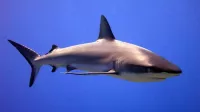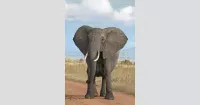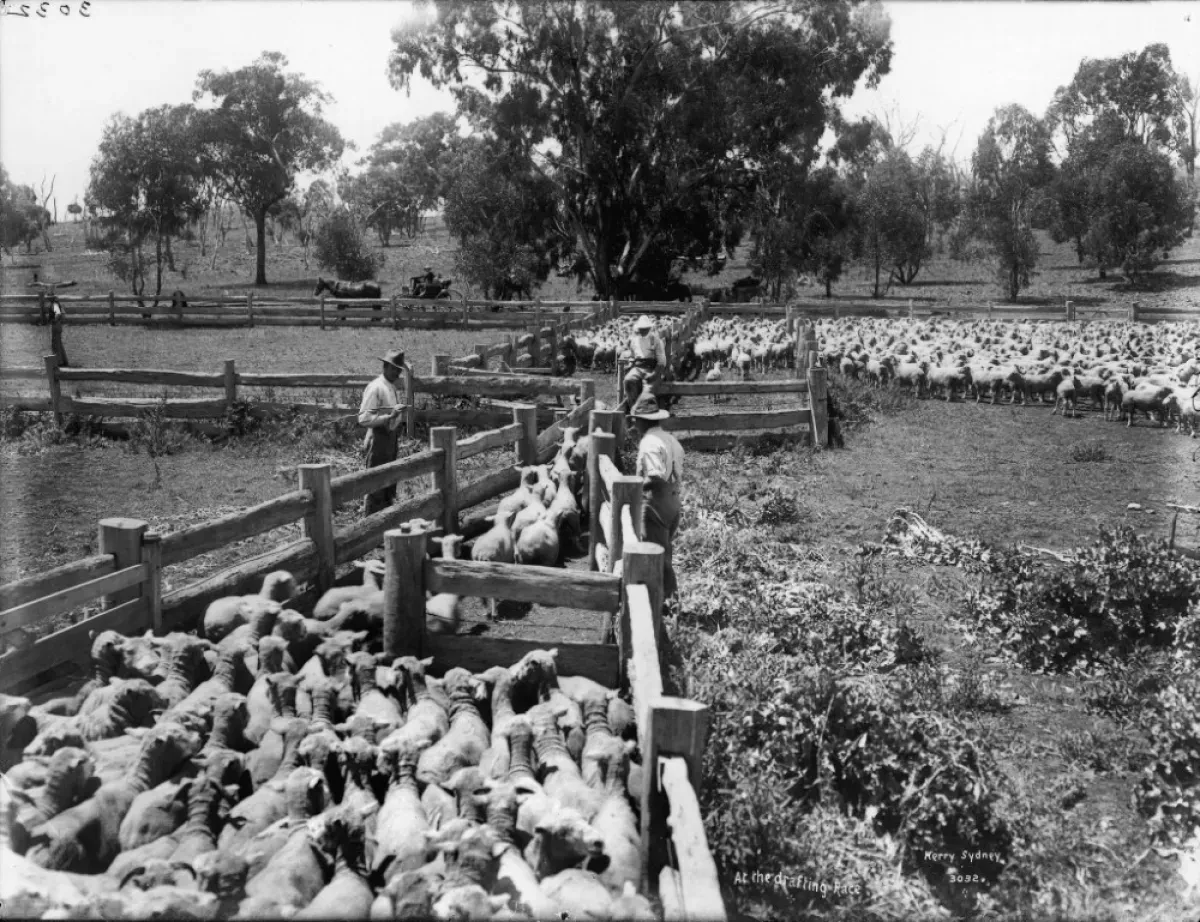Culling is the process of removing organisms from a group based on specific traits. In animal breeding, it aims to enhance desirable or eliminate undesirable characteristics by altering the population's genetic makeup. This involves selecting animals with desired traits for breeding and excluding those with undesired traits. For livestock and wildlife, culling often involves killing the removed animals. This can be based on factors like sex, species, or disease prevention. The goal is to improve the overall quality or health of the population.
1950: Start of Shark Culling in New South Wales
Shark culling began in New South Wales in 1950, resulting in the death of numerous sharks and other marine animals over several decades.
1972: Germany's Animal Welfare Act
Germany's Animal Welfare Act of 1972 mandated that zoo animals cannot be culled without verification from official veterinary institutes.
1972: National Parks and Wildlife Act
The National Parks and Wildlife Act of 1972 listed seals as a protected species, contributing to the tension between the state and the fishing industry.
1995: Culling Ban at Kruger National Park
In 1995, culling was banned at Kruger National Park in South Africa, leading to a significant increase in the elephant population.
2001: Start of Queensland Shark Culling
Queensland's lethal drum line program began in 2001, resulting in thousands of shark deaths in under two decades.
2008: End of Initial Period of NSW Shark Cull
By 2008, over 350 tiger sharks and over 570 great white sharks were killed, in addition to thousands of other marine animals.
September 2014: Western Australian Shark Cull Controversy
In September 2014, the Western Australian government abandoned its controversial shark culling program after it failed to catch any great white sharks and resulted in the capture of other marine animals, sparking public protests.
2014: Controversy Over Zoo Culling
The culling of a healthy giraffe named Marius in 2014 sparked international controversy regarding zoo culling practices and the ethical considerations of animal management in such institutions.
July 2015: Debate Over Seal Culling in South Australia
As of July 2015, the South Australian government resisted calls from the fishing industry to cull the protected New Zealand fur seal population, which had recovered after near extinction.
2017: KwaZulu-Natal's 30-Year Cull Impact
By early 2017, more than 33,000 sharks, along with thousands of turtles, rays, and dolphins, had been killed during KwaZulu-Natal's 30-year shark culling program.
2018: Shark Culling Practices
As of 2018, shark culling practices continued in New South Wales, Queensland, KwaZulu-Natal, and Réunion, drawing criticism from environmentalists.
Mentioned in this timeline
New Zealand is an island country located in the southwestern...
Germany officially the Federal Republic of Germany is a Western...
Africa is the second-largest and second-most populous continent comprising of...
Australia officially the Commonwealth of Australia encompasses the Australian mainland...

Sharks are cartilaginous fish belonging to the group Selachii characterized...

Elephants are the largest land animals on Earth with three...
Trending

Simon Cowell is a prominent English television personality and businessman recognized for his role as a judge on various talent...

7 months ago Gary Payton Reflects on Jordan Matchup and Hypothetical Stats in Today's NBA

11 days ago Spurs Defeat Nuggets in Thrilling Game, Mavericks Face Nuggets

22 days ago Michael Douglas and Catherine Zeta-Jones Celebrate 25 Years of Marriage with Throwbacks
Luke Kornet is an American professional basketball player currently playing for the San Antonio Spurs in the NBA He's a...

6 months ago Jack Black's Minecraft Movie Sets Premiere on HBO Max, June 20, 2025
Popular

Candace Owens is an American conservative political commentator and author...

Ilhan Omar is an American politician currently serving as the...

XXXTentacion born Jahseh Dwayne Ricardo Onfroy was a controversial yet...

Tom Cotton is an American politician and Army veteran currently...
The Kennedy Center Honors are annual awards recognizing individuals and...

Kelsey Grammer is an accomplished American actor producer and singer...
